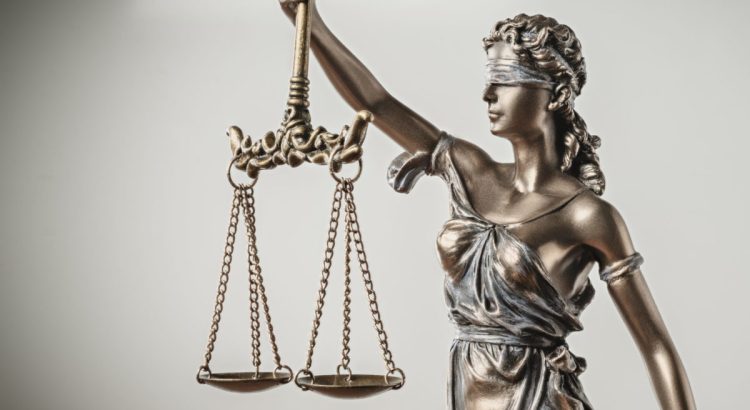KrunchTime
New Member
I'm curious if some of you murder defense lawyers have an estimate as to what percentage of defendants tell the truth to their lawyers about what happened. I'll bet that this Kohberger guy told his lawyer that he's innocent.
Follow along with the video below to see how to install our site as a web app on your home screen.
Note: This feature may not be available in some browsers.
I'm curious if some of you murder defense lawyers have an estimate as to what percentage of defendants tell the truth to their lawyers about what happened. I'll bet that this Kohberger guy told his lawyer that he's innocent.
I don't believe there are any "murder defense lawyers" who post here.I'm curious if some of you murder defense lawyers have an estimate as to what percentage of defendants tell the truth to their lawyers about what happened. I'll bet that this Kohberger guy told his lawyer that he's innocent.
some of you murder defense lawyers
I'm curious if some of you murder defense lawyers have an estimate as to what percentage of defendants tell the truth to their lawyers about what happened. I'll bet that this Kohberger guy told his lawyer that he's innocent.
and most criminal defense attorneys don't ask and do not want to know about their client's innocence or quilt.
I disagree. Most lawyers I know do ask their clients to tell them the truth of what happened because knowing that tells the lawyer what the government may find out, what obstacles the lawyer will face, and in forming the best strategy to minimize the damage to their client. A lawyer caught unprepared with the facts is going to have a much harder time. As a lawyer, in any case I have I want as much relevant information as I can get to plan out the best case possible. When I've had clients who lied or failed to tell me something important it did not go well for the client if the government was able to find that information and bring it out in court, leaving me without the chance to have prepared to counter it.

depends on the attorney but for the most part good criminal defense attorneys will represent people who commit crimes regardless of their guilt or innocence.